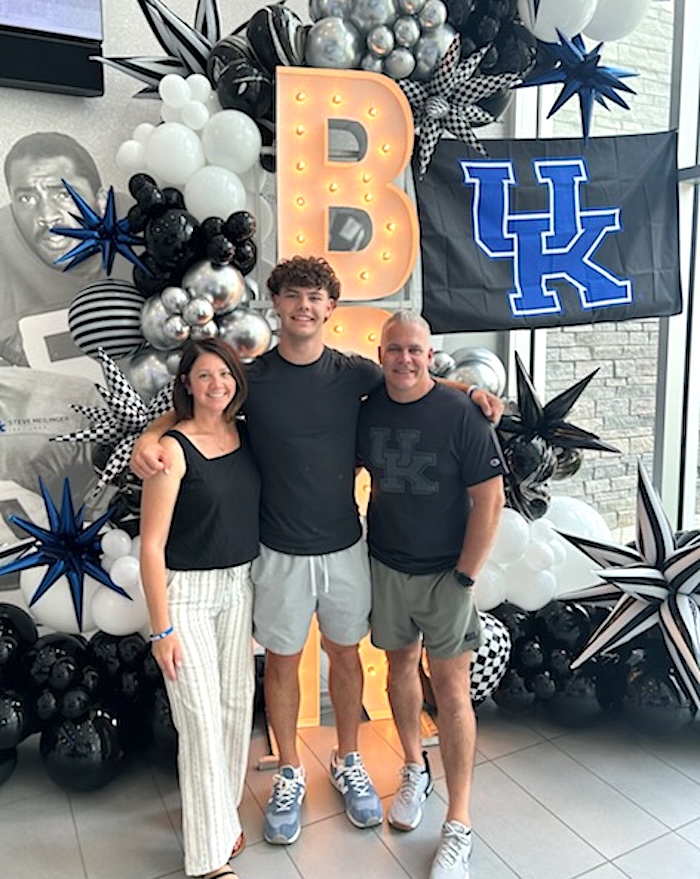Court: Texts about public business on officials’ personal cell phones can be public record
Published 1:30 pm Monday, October 30, 2023
|
Getting your Trinity Audio player ready...
|
By McKenna Horsley
Kentucky Lantern
The Kentucky Court of Appeals issued an opinion Friday morning that says messages on personal cell phones are public records when they are created or used by government officials for government business.
Trending
The decision comes in a lawsuit filed by the non-profit Kentucky Open Government Coalition against the Kentucky Department of Fish and Wildlife Resources Commission. In 2021, the coalition requested emails and text messages from current and former members of the commission.
In its opinion, the Court of Appeals held “that text messages related to Commission business and stored on personal cell phones of its members are public records generally subject to disclosure under the Open Records Act.” Judges J. Christopher McNeil, Jeff S. Taylor and Sara Walter Combs reviewed the case.
The court also vacated, or voided, the lower court’s finding that the large number of individuals whose cell phones could be subject to open records requests created an “undue burden” on public agencies; the appeals court said the “undue burden” determination should be made on a case by case basis. The appeals judges affirmed the lower court’s ruling that the partial denial of records was not willful and that emails about commission business on personal emails are public records.
The Kentucky Open Records Act was created in 1976 and established the right to access public records.
According to the Court of Appeals’ decision, the commission did not furnish records that “were stored on the Commission members’ private email accounts or personal cell phones” in response to the initial request.
The commission then filed a complaint in Franklin Circuit Court. In 2022, Franklin Circuit Court Judge Thomas Wingate ruled that the “emails concerning business of the Commission sent to or received via the Commission members’ private email accounts” were public records but “text messages concerning Commission business sent to or received on the Commission members’ private cell phones were not subject to disclosure.”
Trending
In a concurring opinion, McNeil warned that the Open Records Act does not automatically require agencies to turn over personal cell phones in response to requests.
“Our Opinion merely holds that “text messages [or emails] related to Commission business and stored on personal cell phones [or personal email accounts] of its members are public records generally subject to disclosure under the Open Records Act absent an applicable exception,” McNeil wrote.
“Thus, only those public records not covered by an exemption would be subject to disclosure.”
Amye Bensenhaver, a co-founder of the Kentucky Open Government Coalition, said in a statement to the Kentucky Lantern that the Court of Appeals’ opinion “establishes the public’s right to know what public officials would prefer we not know.”
“It rejects the narrow reading of the open records law advanced by the current Attorney General and disabuses public officials of the erroneous belief that they can evade public scrutiny by conducting public business on personal devices and accounts,” she said. “It is a clear victory for open government in Kentucky.”
A spokesperson for the Department of Fish and Wildlife Resources Commission did not immediately return a request for comment.






